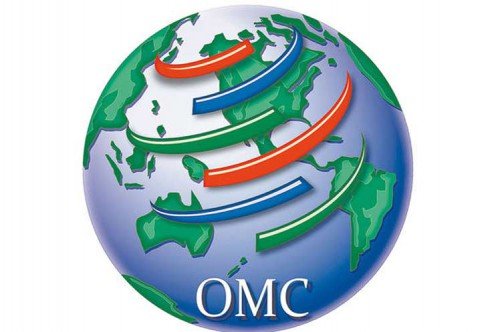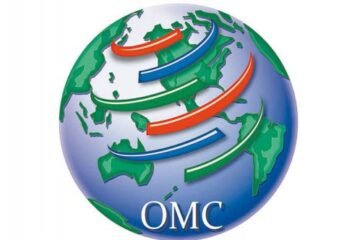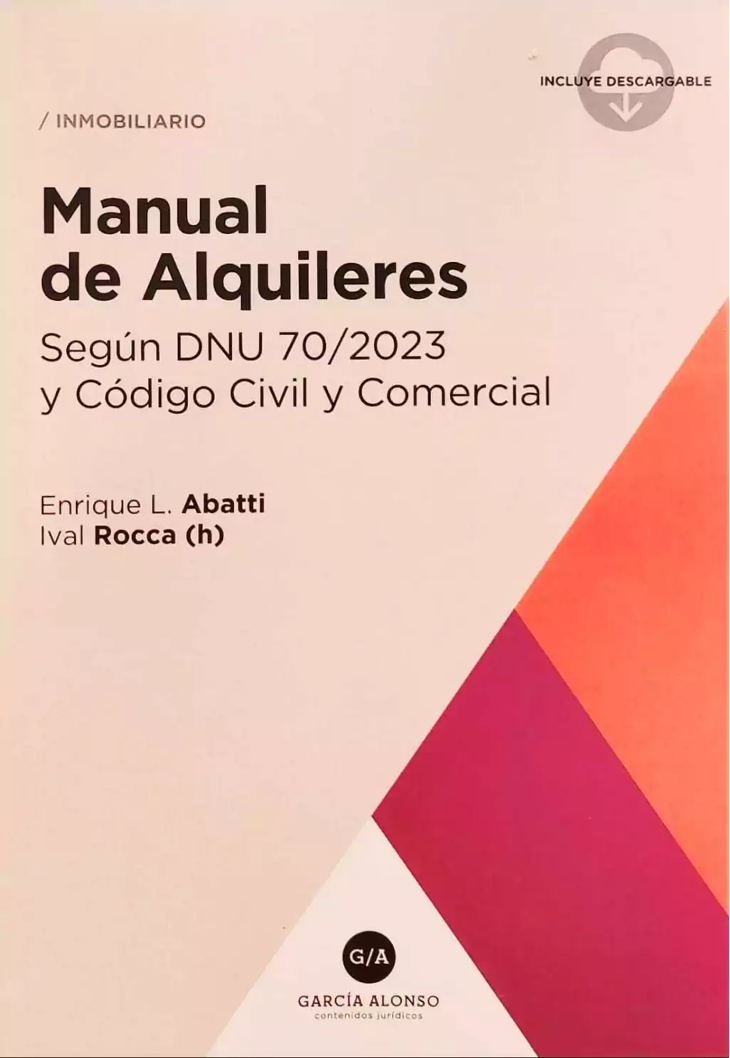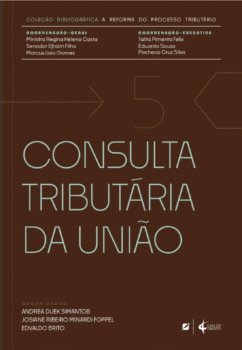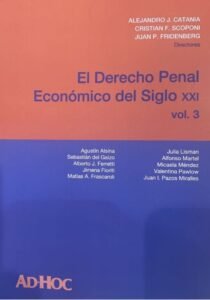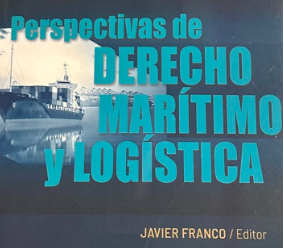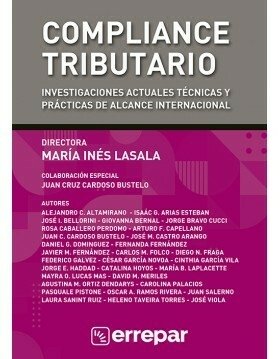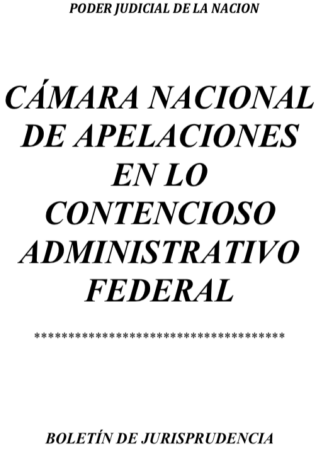OMC – La COVID-19 sigue ocupando un lugar central en los debates sobre la facilitación del comercio
La pandemia de COVID-19 siguió siendo el eje central de los debates en la primera reunión del Comité de Facilitación del Comercio de la OMC de 2021, celebrada los días 26 y 27 de enero. Se presentaron al Comité experiencias de los sectores público y privado en la facilitación del comercio de medicamentos y equipo médico relacionados con la pandemia.
The European Union put forward a proposal calling on the WTO Secretariat to prepare a compendium document containing the contributions of COVID-19 responses that members and observers have provided to the committee. The compendium would help identify key difficulties and challenges members and businesses have encountered when importing or exporting goods during the crisis as well as particular reforms and changes members and businesses have made in response. Such a compilation would constitute a good basis to discuss recommendations to address the ongoing pandemic, the EU said.
More than a dozen members took the floor to express their support for the initiative. Several expressed concern about duplicating work already being done in the World Customs Organization or using the compendium as the basis for possible recommendations. An amended proposal narrowing the focus to the compendium document was later circulated to members for review.
Experience-sharing
The Director-General of Sri Lanka’s Customs Department gave a presentation to WTO members on initiatives and interim mechanisms adopted to ensure the smooth flow of essential medical supplies and other commodities during the pandemic. One of the most important aspects of this now is management of the import of COVID-19 vaccines, he noted. A communication detailing Sri Lanka’s efforts is available here.
The Global Alliance for Trade Facilitation also gave a presentation on its work with the US-ASEAN Business Council aimed at sharing experiences gathered in relation to the movement and clearance of COVID-19 vaccines and flagging potential issues.
Secretariat update on ratifications and implementation
The WTO Secretariat provided an update on members’ ratifications and implementation of the Trade Facilitation Agreement (TFA). Since the last committee meeting in October, one additional ratification has been received — the United Kingdom, which deposited an instrument of continued acceptance on 1 January. The TFA entered into force in February 2017 after more than two thirds of the membership accepted the agreement; 153 of the WTO’s 164 members have ratified the TFA.
Overall, the rate of implementation of TFA commitments currently stands at just under 70% for the entire WTO membership, the Secretariat said; for developing countries and least-developed countries (LDCs) the rate is just over 60%
The Secretariat noted that 84% of LDCs (26 members) met the 22 February 2020 date for notifying the definitive dates for implementing their Category B commitments while nine LDCs requested an extension; four of these LDCs have already notified the dates while the remaining five are required to do so by 21 February 2021.
Regarding Category C commitments, 24 LDCs (75%) have already provided indicative dates for implementing these commitments. The deadline date for submitting notifications is 22 February.
Several LDC members called for flexibility with regards to the notification deadline, cautioning that capacity constraints have been exacerbated by the COVID-19 pandemic.
Under the TFA, Category B covers TFA provisions that developing countries and LDCs will implement over transition periods determined by them and set out in notifications to the WTO. Category C covers TFA provisions that developing countries and LDCs will implement over transition periods determined by them and set out in notifications to the WTO, and which require capacity building support in order to help implement the commitments.
Category A covers commitments that members agreed to implement when the TFA entered into force.
First review of TFA implementation
The chair noted that parties to the TFA will soon undertake the first review of the operation and implementation of the Agreement. Given the importance and significance of the TFA, particularly in the challenging COVID-19 period, the review will be a first milestone in the committee’s oversight work, the chair said.
A number of members took the floor to highlight the importance of the review in identifying progress made and addressing difficulties faced on implementation.
Other business
Initiative on expedited implementation of the TFA
The United States told members that Thailand and Mexico are now additional co-sponsors of the joint communication first circulated at the committee meeting last October calling for expedited implementation of the TFA in response to the pandemic. The joint communication is available here.
Dates for 2021 TF committee meetings
The chair noted that, because of the need to carry out the first review of TFA implementation, five meetings of the committee were planned for 2021. The committee will meet on 3-4 March, 22-23 April, 22-23 June, 27-28 July and 19-20 October.
Background
Concluded at the WTO’s 2013 Bali Ministerial Conference, the TFA contains provisions for expediting the movement, release and clearance of goods, including goods in transit. It also sets out measures for effective cooperation between customs and other appropriate authorities on trade facilitation and customs compliance issues. It further contains provisions for technical assistance and capacity building in this area.
The TFA broke new ground for developing and least-developed countries in the way it will be implemented. For the first time in WTO history, the requirement to implement the Agreement was directly linked to the capacity of the country to do so. In addition, the TFA states that assistance and support should be provided to help them achieve that capacity.
OMC

